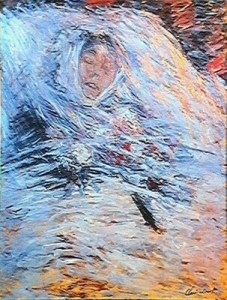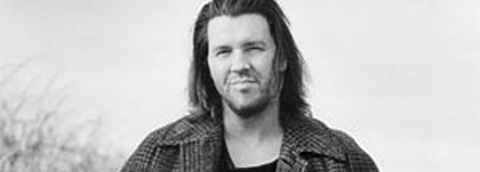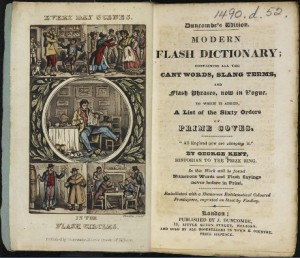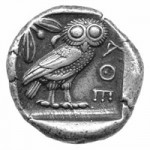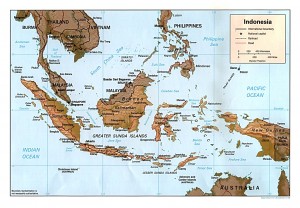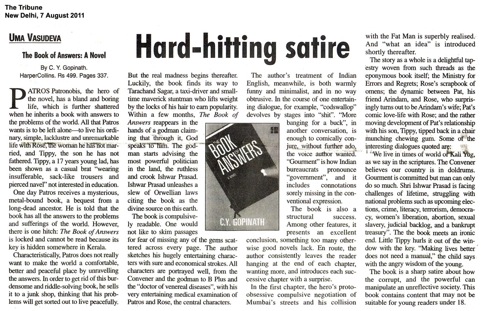 Bangkok cinemas, some of them, have taken to offering movies in “4D.” Now the moving images are complemented with smells—certain colorful old cinemas, sadly gone now, were way ahead of them on that front. And you might get rumblings in your seat, though these are often now more in sync with events on the screen that the tremblors from street traffic outside used to be. Other effects include fog and drizzle and stuff they originally built cinemas to shield you … Read more
Bangkok cinemas, some of them, have taken to offering movies in “4D.” Now the moving images are complemented with smells—certain colorful old cinemas, sadly gone now, were way ahead of them on that front. And you might get rumblings in your seat, though these are often now more in sync with events on the screen that the tremblors from street traffic outside used to be. Other effects include fog and drizzle and stuff they originally built cinemas to shield you … Read more



